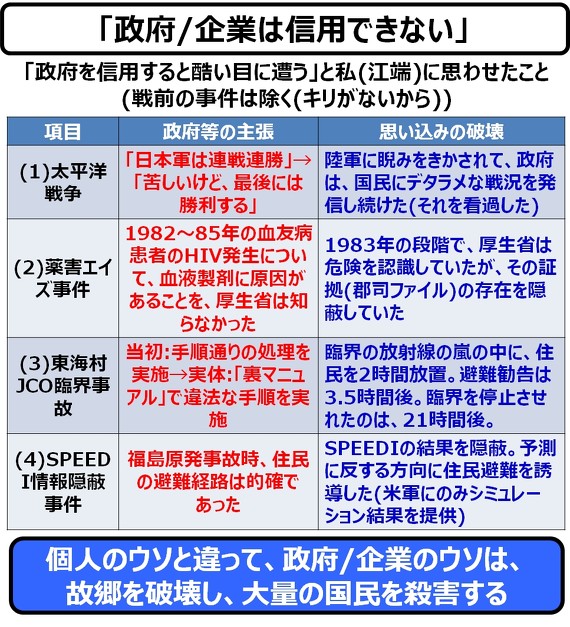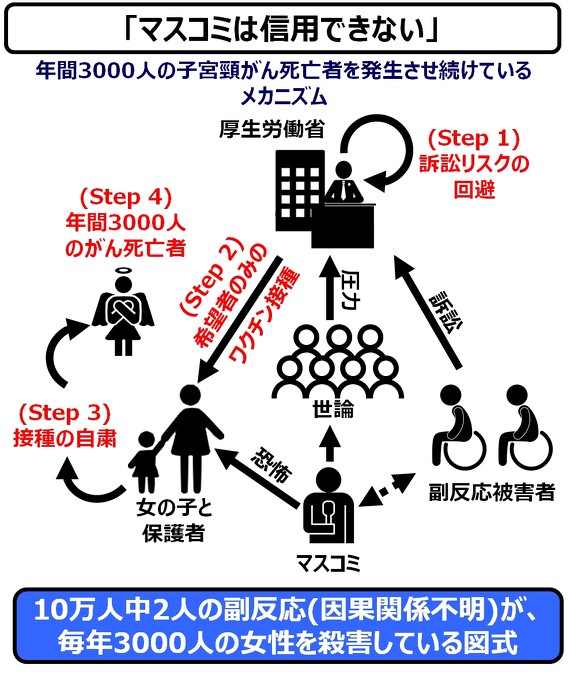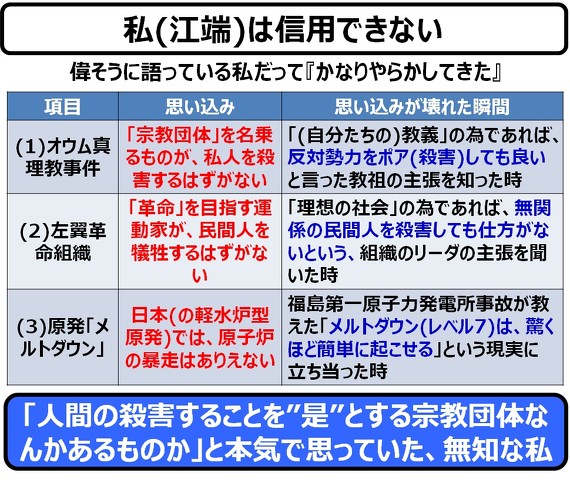2023-08-14 In a nutshell, "100 million repentance" is a hyper-distributed treatment of war responsibility to the entire nation. [長年日記]
In the month following the defeat in the Pacific War, Prime Minister Toshihiko Higashi Kuuni launched a new concept called "100 Million Repentance.
The new postwar prime minister had to sum up the public sentiment that emerged after the defeat and the ire of GHQ: "Who the hell drove Japan into this tragedy? " Sorry to hear that.
First, in the usual sense, they are the military, which lost the war and has continued to cover it up, and the media, which cooperated with the army.
However, from the viewpoint of the authority of command over the military, the responsibility for the war naturally falls on "the Emperor."
But this wasn't good for our country.
Even under the current Constitution, His Majesty the Emperor is the highest "root certification authority" in our country, and the entire certification system, including the certification authority, is structured as the "Emperor System.
Moreover, under the old constitution (the Constitution of the Empire of Japan), the emperor's hold was not only "Japan's greatest credit system" but also a spiritual pillar for many people.
Interestingly, the victorious United States of America, which decided that the occupation policy would be impossible without the Εmperor, scrambled to protect the Εmperor and the Εmperor's nature (Tokyo Trials).
-----
In a nutshell, "100 million repentance" is a hyper-distributed treatment of war responsibility to the entire nation.
This would be the antithesis of the hyper-centralized treatment of war responsibility, the Εmperor's war responsibility.
This may have been an attempt to create public opinion that the responsibility for the war should be "super-distributed" before GHQ took action against the Emperor System.
If that is the case (and I am sure it is), it is a perfect strategy.
-----
I would have yelled at the "100 Million Penitents" in the past, "Screw you! But not so much these days.
Okay, it may have been the government and the military that started the war, but it was the media that incited the outbreak of war, and it was the Japanese people who danced to it.
From the current research, many people in the government and military at the time were thinking, "War with the U.S.? Are you insane?"
And it is a fact that it was public opinion that supported the few who started the war.
-----
After the war, we have treated the teaching, "If you can't win the war, don't start it, you idiot," as if it were a golden rule.
And as August 15 approaches, NHK's special program comes to air "Japan, the Stupid Country that Tried to Fight an Unwinnable War.
Of course, this is right and good.
At all times, the historical review is essential.
I hope this kind of documentary program will continue yearly without interruption.
-----
On the other hand, I feel that the fundamental distrust of the government (power) among us Japanese began at this time.
The government has deceived us quite often before and after the war.

And, the media is.

Of course, I (Ebata) am too.

-----
However, a 'government of complete honesty and integrity' is also a problem.
The government's essential job is to deceive the public and foreign countries by lying and bluffing.
Nevertheless, as long as I live in this country, a government that is not a war party is essential.
For example--
(1) We don't provide arms to allies or countries that share the same values, though,
(2) When our country is fighting a defensive war, we want our allies and countries that share our values to provide us with weapons.
So that we can continue to be unreasonable and selfish.
Even if countries keep sighing at us and saying, 'Japan, you are so annoying,' we want the government to keep up the excellent work so that we can keep doing it.
The concept is "sneaky is good."